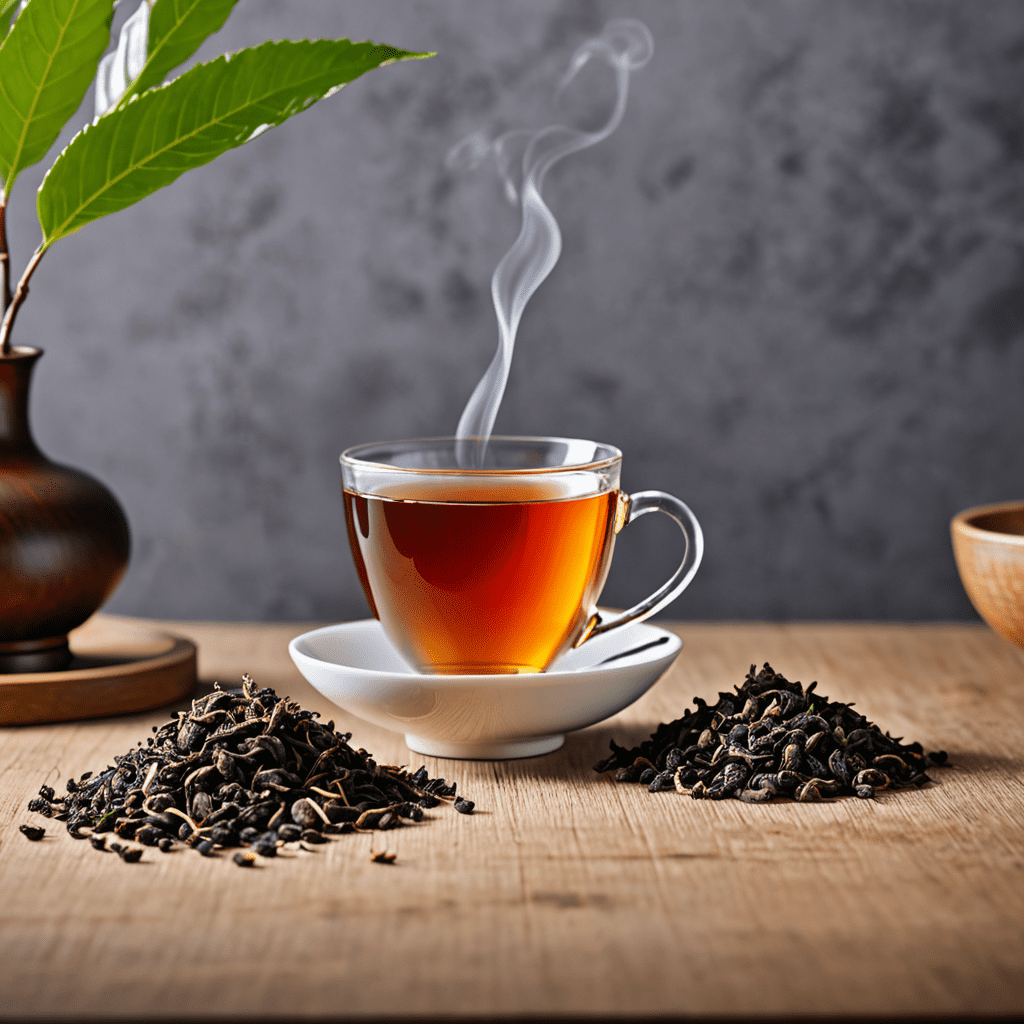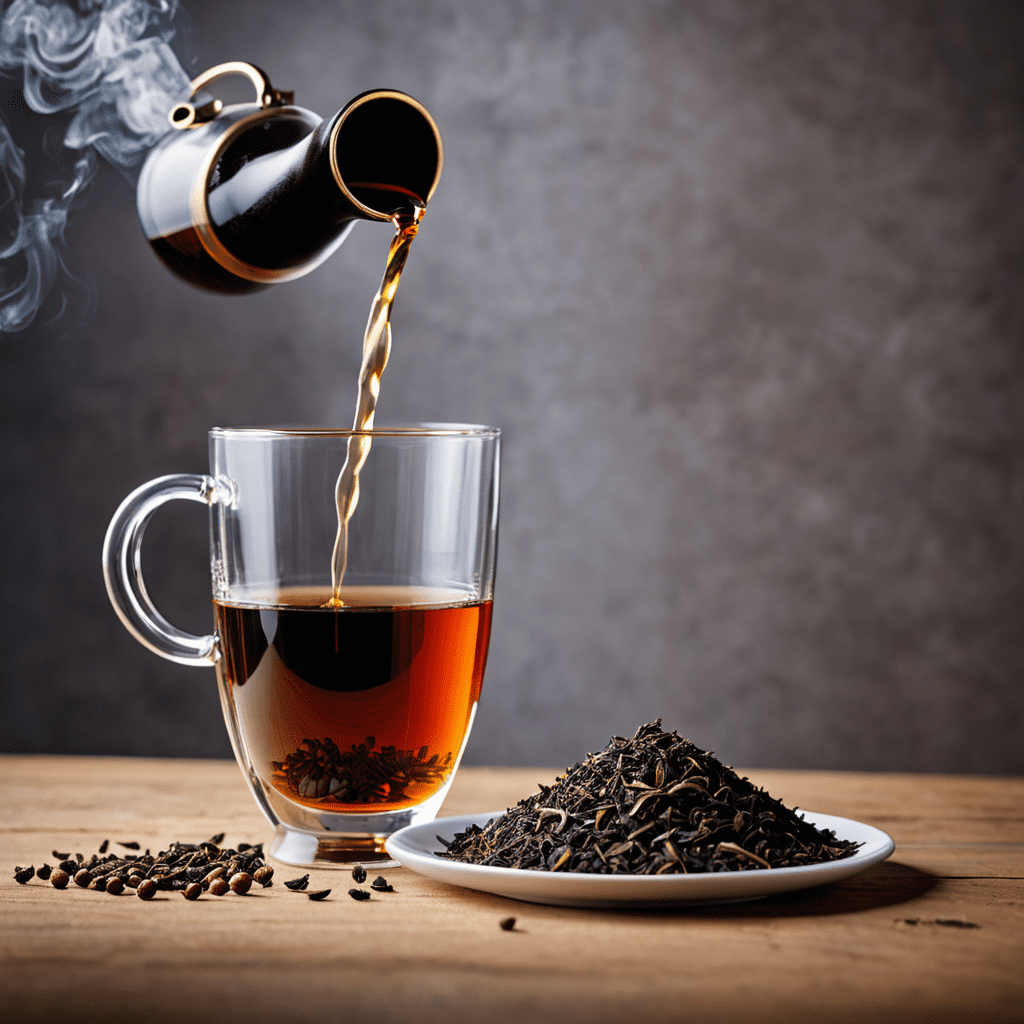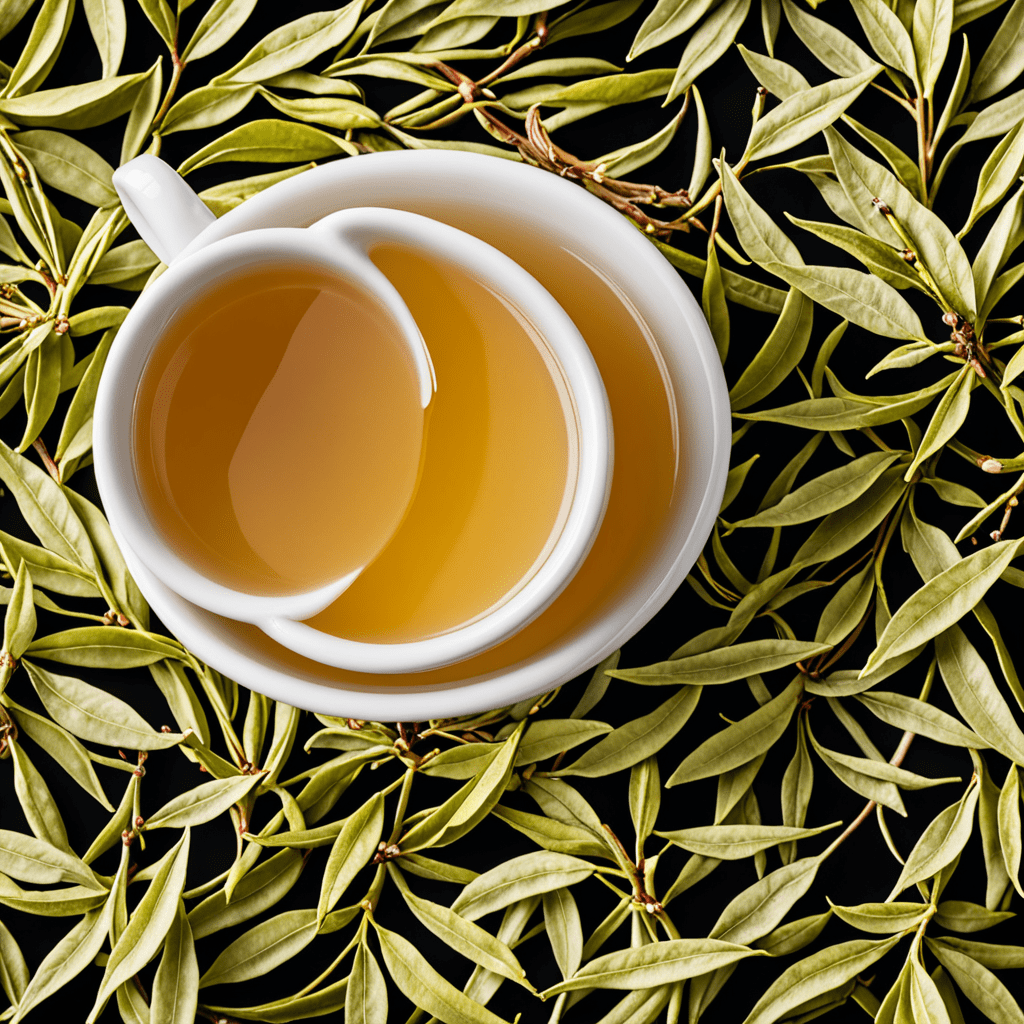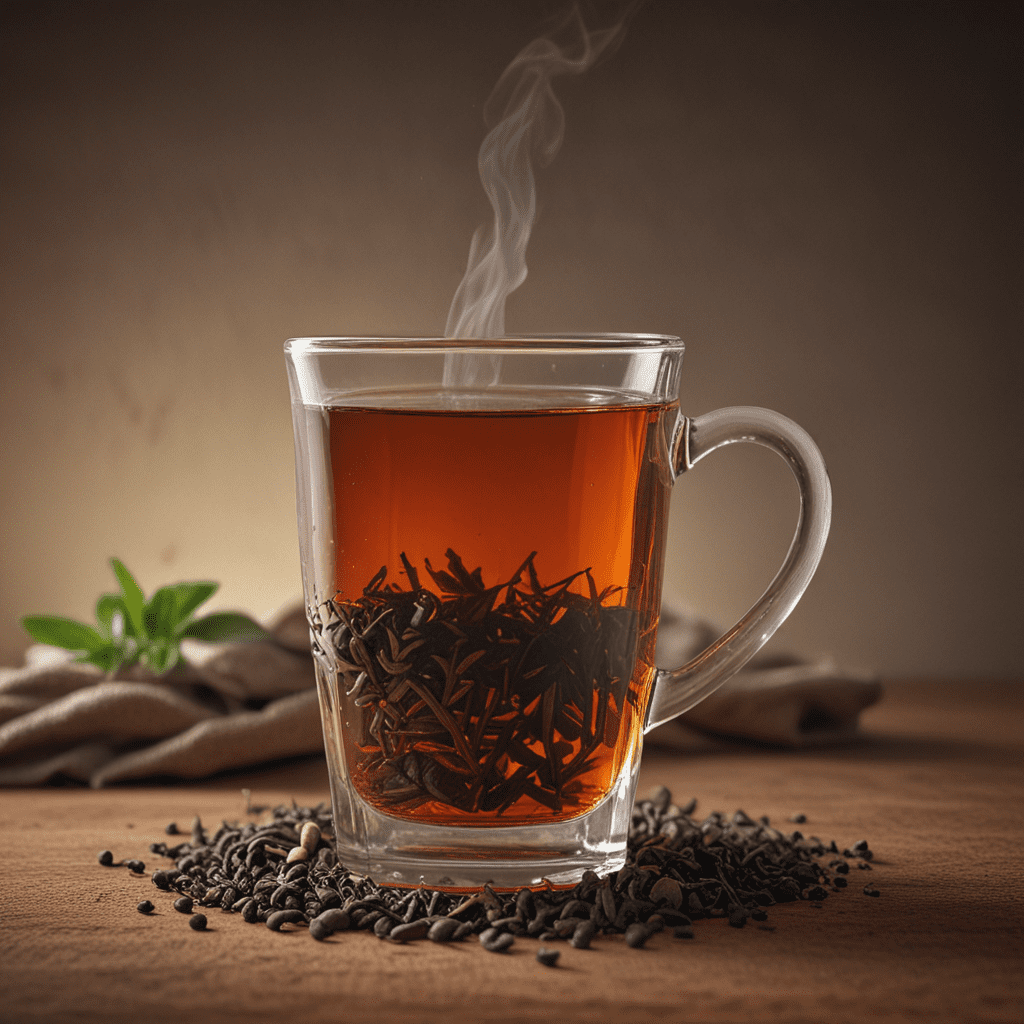
Pu-erh Tea: A Taste of Tea Aging and Traditions
The Origin and Significance of Pu-erh Tea
Pu-erh tea, a type of fermented tea originating from the Yunnan province of China, holds a special place in tea culture. Its unique aging process and distinct flavor profiles set it apart from other teas. Historically, Pu-erh tea has been cherished for its health benefits and cultural significance, making it a truly remarkable brew.
The Aging Process of Pu-erh Tea
Unlike other teas, Pu-erh undergoes a post-fermentation process that involves aging. This aging can range from a few years to several decades, resulting in a deep, rich flavor that evolves over time. The tea leaves are carefully stored and fermented, allowing unique microbial activity to develop, enhancing the tea’s taste and complexity.
Types of Pu-erh Tea
There are two main types of Pu-erh tea: raw (sheng) and ripe (shou). Raw Pu-erh is aged naturally and tends to have a more astringent and grassy taste, while ripe Pu-erh undergoes an accelerated fermentation process, resulting in a smoother and earthier flavor profile. Both types offer a diverse range of tastes and aromas for tea enthusiasts to explore.
Health Benefits of Pu-erh Tea
Pu-erh tea is believed to have numerous health benefits, including aiding digestion, improving metabolism, and reducing cholesterol levels. Rich in antioxidants and other beneficial compounds, Pu-erh tea has been a staple in traditional Chinese medicine for centuries, valued for its potential to promote overall well-being.
Pu-erh Tea Traditions and Culture
In Chinese culture, Pu-erh tea is more than just a beverage; it is a symbol of hospitality, friendship, and respect. Tea ceremonies involving Pu-erh are common in various regions of China, where the art of tea preparation and consumption is deeply intertwined with social customs and traditions.
How to Brew Pu-erh Tea
Brewing Pu-erh tea is an art in itself. The method and tools used can significantly impact the taste and experience of the tea. Whether using a traditional Yixing clay teapot or a modern gaiwan, the key is to appreciate the tea’s complexity by experimenting with different brewing techniques and water temperatures.
Exploring the World of Pu-erh Tea
For tea connoisseurs and enthusiasts, delving into the world of Pu-erh tea offers a sensory journey like no other. From exploring aged vintages to sampling different varieties, Pu-erh tea provides a fascinating glimpse into the ancient traditions and flavors that continue to captivate tea lovers worldwide.
By experiencing the taste of Pu-erh tea, one can not only savor its rich flavors but also appreciate the centuries-old traditions and craftsmanship that have shaped this beloved brew into a cultural treasure.
FAQ About Pu-erh Tea
What is Pu-erh Tea?
Pu-erh tea is a type of fermented tea that originates from the Yunnan province in China. It is known for its unique aging process that enhances its flavor and complexity.
How is Pu-erh Tea Aged?
Pu-erh tea undergoes a fermentation process where it is aged for an extended period, sometimes for decades, in a controlled environment. This aging process allows the tea to develop rich and earthy flavors.
What Makes Pu-erh Tea Unique?
Pu-erh tea is unique due to its post-fermentation process, giving it a distinct flavor profile that evolves over time. It is often compressed into different shapes, such as cakes or bricks, for aging and storage.
What Are the Traditions Surrounding Pu-erh Tea?
Pu-erh tea holds significant cultural importance in China, where it is often consumed during special occasions and ceremonies. It is also cherished for its perceived health benefits and is sometimes considered a symbol of status and hospitality.
How is Pu-erh Tea Brewed and Served?
Pu-erh tea can be brewed using either the gongfu cha method or the Western method, depending on personal preference. It is typically served in small cups to appreciate


